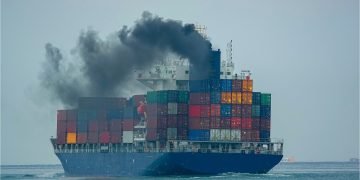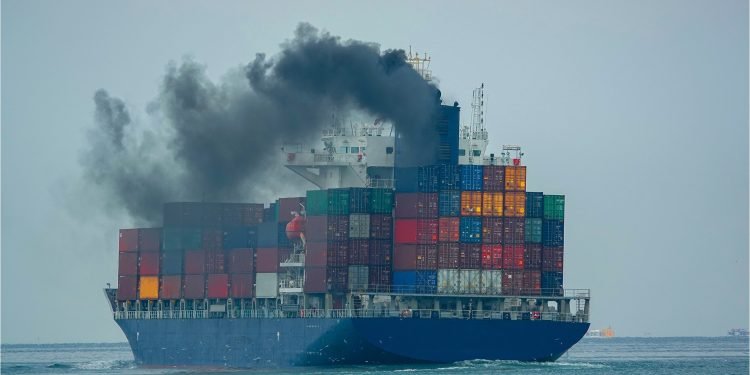The International Maritime Organization’s decision to delay by a year the policy package underpinning its net-zero ambitions has injected fresh uncertainty into shipping’s decarbonization timeline. Developers behind dozens of methanol and ammonia fuel projects warn final investment decisions could slip without firm guidance on the fuel-standard and carbon-price mechanisms that were due to be clarified this fall. 
For cargo owners and forwarders, the risk is a slower scale-up of green fuel availability through 2026, leaving more exposure to volatile conventional bunker prices and potential regional policy fragmentation (e.g., Europe’s FuelEU Maritime proceeding on its own schedule). Investors say project finance costs will rise if policy visibility remains weak, which could raise logistics costs for long-haul trades. 
Analysts add that without accelerated regulatory convergence, cumulative emissions from international shipping—roughly 3% of global totals—are unlikely to fall on a Paris-aligned pathway before 2030, even as shipyards deliver more dual-fuel tonnage.























